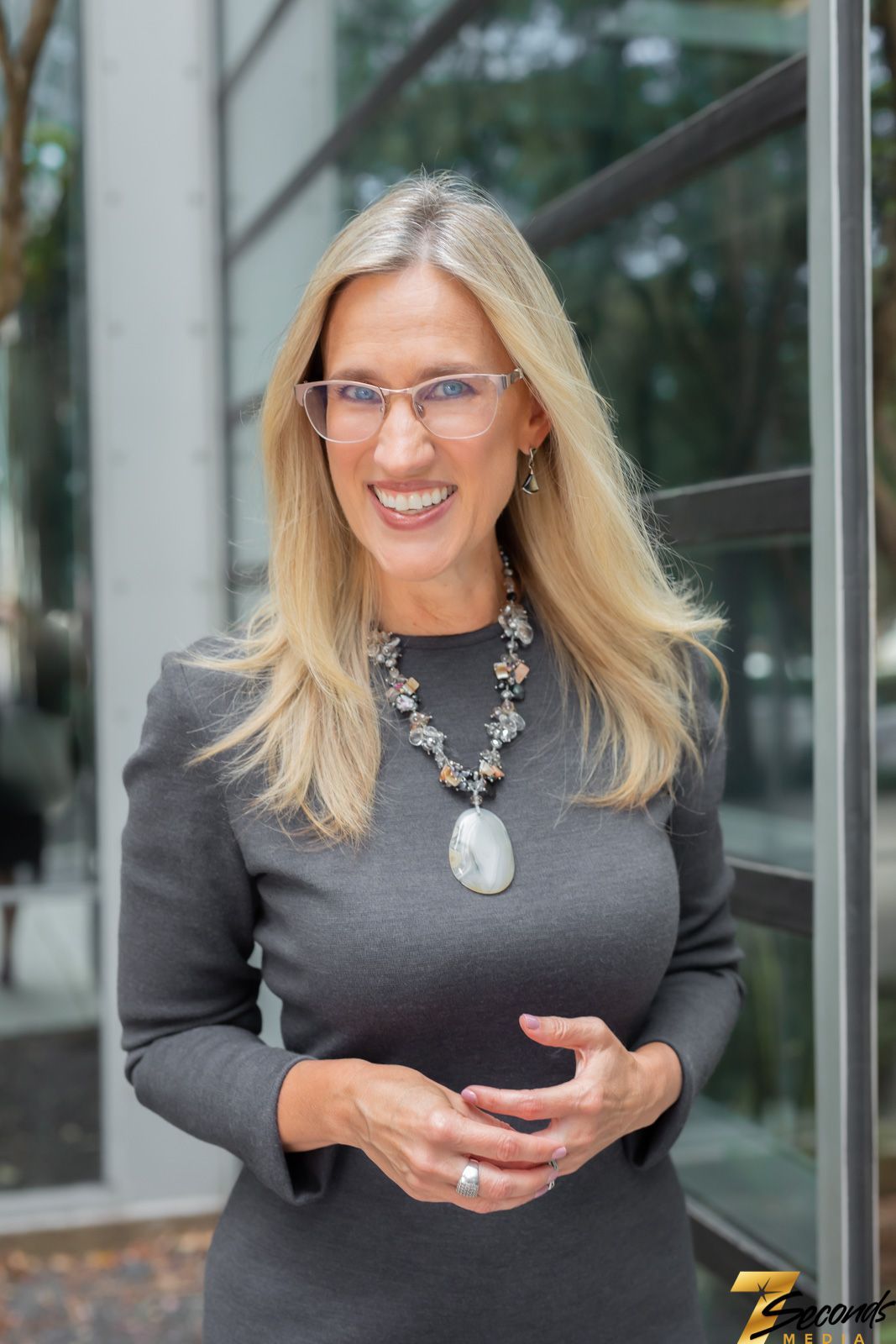How to Handle Your Inner Critic

After I got married, I walked away from my career in Federal law enforcement.
When I turned in my resignation, I didn’t realize it would be the end as I envisioned finding inspiring work in a similar agency.
Because I never met anyone who owned their own business and I didn’t take any business classes in college, owning a business never crossed my mind.
When I made the decision to open a business vs. getting another job in the criminal justice field, I didn’t realize I would be taking a journey in self-development.
Starting out, I had countless voices in my head that got in the way of my success.
I thought that having an inner critic was one-of-a-kind and incredibly unique to me because I didn’t have a business background and was stepping into an arena where I lacked experience.
Sometimes my inner critic whispered her messages quietly and other times she roared, criticizing my actions with a sharp tongue.
And the voices felt like the enemy, although they were on some level intended to keep me safe.
Over time, I discovered that this inner critic came from a place of fear, worry, or overwhelm.
Unfortunately, it was incredibly challenging to move forward in my business when these voices were at there loudest.
Research shows that people can feel your energy when you’re operating in a place of fear, even if you are portraying confidence and optimism.
This made making important calls and sitting down to write curriculum feel like monumental tasks.
While I’ve heard teachers speak about talking louder and muscling out your inner critic, I’ve always found it was better to accept, acknowledge and befriend the voice.
It wasn’t an acknowledgment that this was the voice of truth, rather an internal voice that had come from looking at some of life’s experiences through a narrow lens.
I recognized that if I wanted to quiet the critical voice and create a more positive perspective, I needed to heighten my awareness, gain understanding, and sometimes give myself a reality check, be patient, and then take action.
I began paying attention to when I was triggered and what exact words or phrases I would hear–and what meaning I was assigning to those words and phrases.
Then, I acknowledged the statement, noticing what part – if any – felt true in that moment.
Finally, I would identify what new language I wanted to create when I came up against this particular emotion again.
For me, it was never about making any part of who I am wrong.
It was always about noticing and awareness so that I could stand in a place of choice rather than reaction.
Today, I’m fortunate to have chosen friends who want to see me succeed.
They will speak up if they hear me say something that sounds like an old habit or pattern that isn’t serving me.
And, I’ve discovered that every leader that I’ve had the good fortune to coach or mastermind with has had those same voices… I wasn’t that unique after all. 🙂
This is why reaching out for support is a must on your leadership journey.
Reaching out can feel vulnerable and uncomfortable, but comfort doesn’t change the world.
And, ultimately, feeling alone and unsupported isn’t vulnerable, it’s isolation and doesn’t move your forward.
So, stand strong in your commitment to make a positive difference in the world…because the world needs you and your brilliance.
Action:
The Upside Challenge of the week is to identify some phrases your inner critic uses to keep you small or stuck. Take the time to acknowledge how the fearful words were meant on some level to keep you safe and protected. Can you comfort your own inner critic and thus yourself so that you can move forward differently? Reach out to someone to share your experience– and whether you are able to shift perspective and begin to take actions.
See Upside. Be Upside. Lead Upside.











